a sermon for the Sixth Sunday after Pentecost [Proper 11C]
Luke 10:38-42 and Genesis 10:1-10a
We’ve just finished a week of a Mars-themed Vacation Bible School. Each morning this week 92 children entered the building as Explorers who were learning to “Go Beyond with God” in a fellowship hall that had been transformed into a space station. We imagined ourselves as orbiting in outer space, and stories from the Bible taught us about the power of faith, of boldness, of kindness, of thankfulness, and of hope. A lot of planning and work went into these five days so that the children would be safe, have fun, and learn about Jesus’ love. You could see our Faith Formation Director Cheryl, her four main VBS co-directors, and all the volunteers in their leadership orbits all week long, and last weekend one director was even in orbit high above the ground—literally—as she stood on a scissors lift and hung fabric from the rafters of Price Hall.
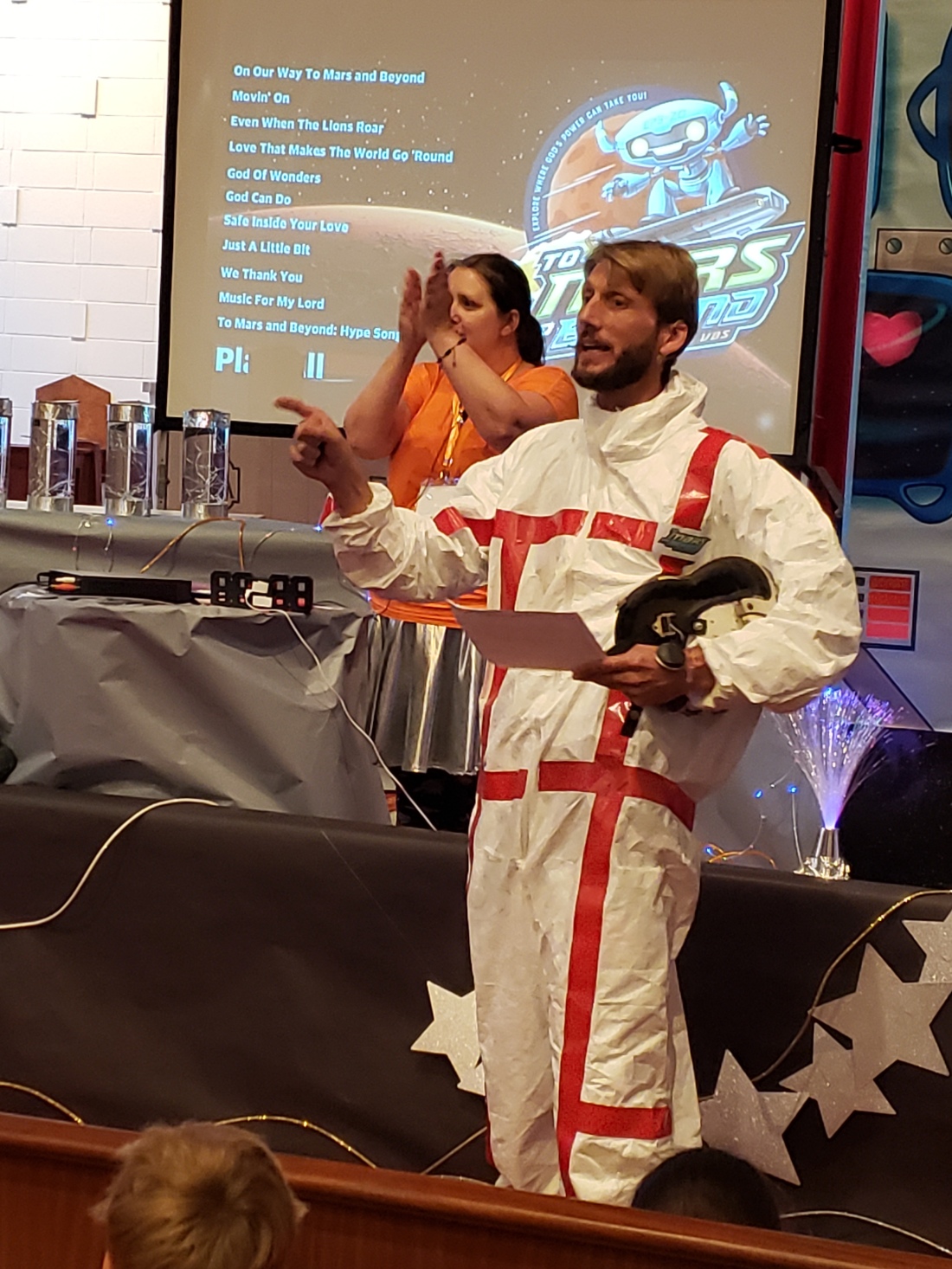
Whether it was intentional or not, it all was timed perfectly with yesterday’s 50th anniversary of the Apollo 11 lunar landing. Just as Vacation Bible School this week was designed to make us lift our heads up to the ways God calls us to be his people in the world, the commemorations of Neil Armstrong’s “giant leap for mankind” give us an opportunity to lift our heads up in pride and wonder at the bold things humans can do when we dream and work together as God made us to. When we use our intellect and curiosity about the universe, when we use our ability to listen and collaborate, when we use our bodies to explore and venture into the unknown we are doing what God created us to do.
And, of course, thinking about Mars and the moon and space exploration causes us to lift our heads quite literally and focus on the heavens for a moment and ponder the wonder and vastness of creation. Orbiting and swirling up above us there are stars and planets and supernovas and comets and asteroids that we are only beginning to know about. And deep within us there are cells and mitochondria and strands of proteins that we are only beginning to understand. And around us are animals and ecosystems and weather patterns that interlock in ways that still fascinate and perplex us. People of faith understand that these are all ways that creation gives glory to God.
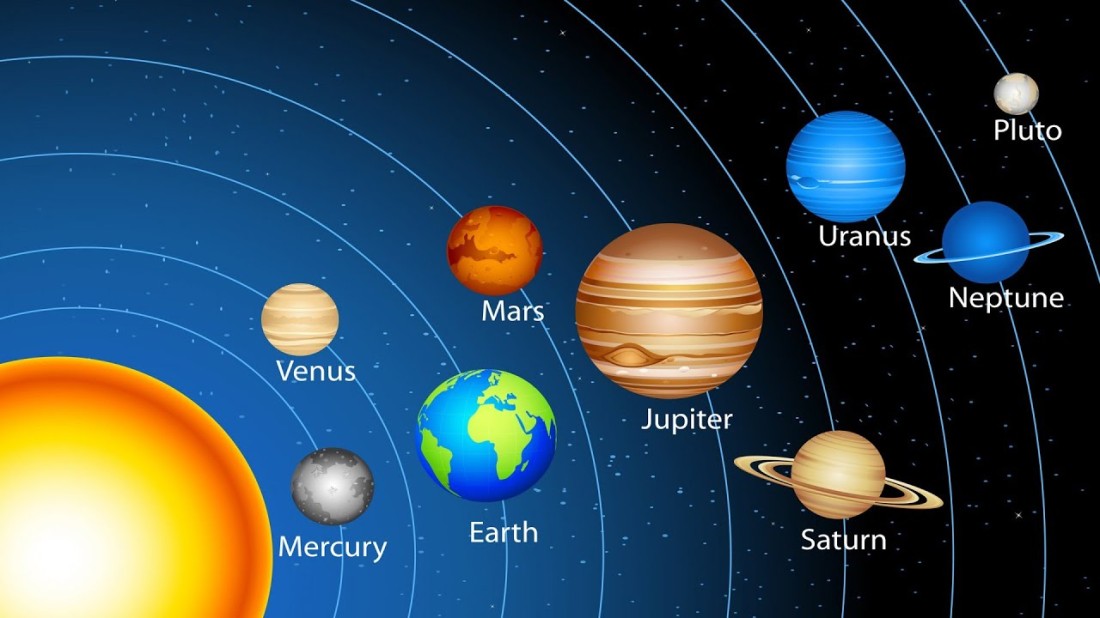
Then alongside VBS decorations of Mars and space stations and dozens of kids orbiting here and grainy black and white television footage of the moon in orbit around the earth, we come in this morning and find Mary and Martha in orbit around Jesus. There they are, in their house, with Jesus as guest. Mary is the closer of the two, like Mercury or Venus. His gravitational pull has her captivated. She sits at his feet listening to what he is saying. Martha is in an outer orbit, maybe a Jupiter or Saturn, spinning and whirling with the tasks of hospitality. It is her house, after all. She has invited Jesus there and she has undertaken the holy and righteous role of host.
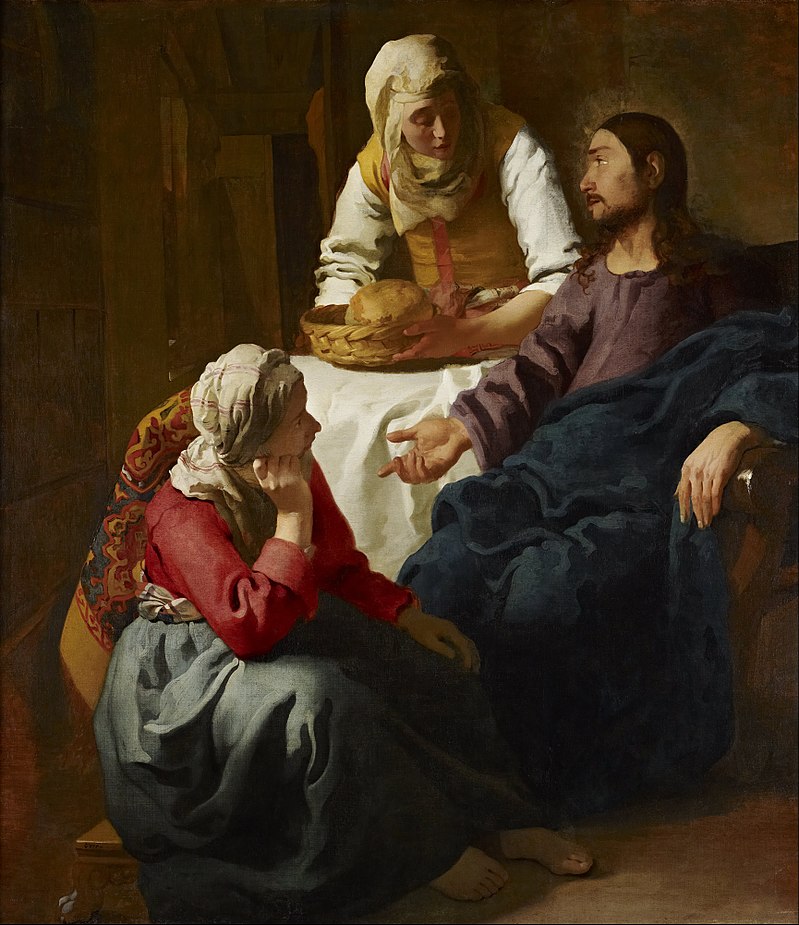
In middle eastern culture there were and still are few things more sacred than taking care of a guest. Centuries of living in and very near inhospitable deserts and wilderness areas and eking out a living as nomads had created a culture among Jesus’ people that revered the visitor because you never knew when you might be the role of someone seeking sustenance. The opportunity to have someone in your home or in your tent, as Abraham and Sarah do in our first reading, was seen as an opportunity to entertain one of God’s own representatives.
I’m not so sure this same attitude toward hosting and entertaining guests still exists in our culture today. There are probably various reasons for that. Melinda and I love to have people over for dinner, but the thought of someone just dropping by could cause us to hyperventilate. We wouldn’t think things are clean and tidy enough. It takes a lot of energy to bring people into your home and make them comfortable there. And yet as recently as in my grandparents’ generation, it was customary always to have one room of the house where you could take in someone at moments’ notice. We were just talking about this yesterday as we gathered with my relatives to lay my grandmother to rest. They said during the Great Depression it was a common occurrence to have people you didn’t know dropping by your house for food or for work and to turn them away or not invite them in was shameful.
Younger couples getting married these days often don’t register for a china pattern, which is not a sign of their lack of taste or a complaint in any way. Fine china isn’t necessarily needed to host, but that downward trend could be an indication that we are entertaining people in our homes far less often than we used to, at least to the level that Abraham and Sarah display. The way in which we make ourselves open towards visitors and guests changes over time and varies by culture. And for Martha, taking care of Jesus was not to be taken lightly. She’s clearing off the table, scraping off the plates, finding the right size Tupperware for the leftovers all by herself. She speaks up about it. Surely the Son of Man, who came not to be served but to serve, will take her side and encourage Mary to join in.
That’s when Jesus surprises us yet again. He doesn’t take Martha’s side.
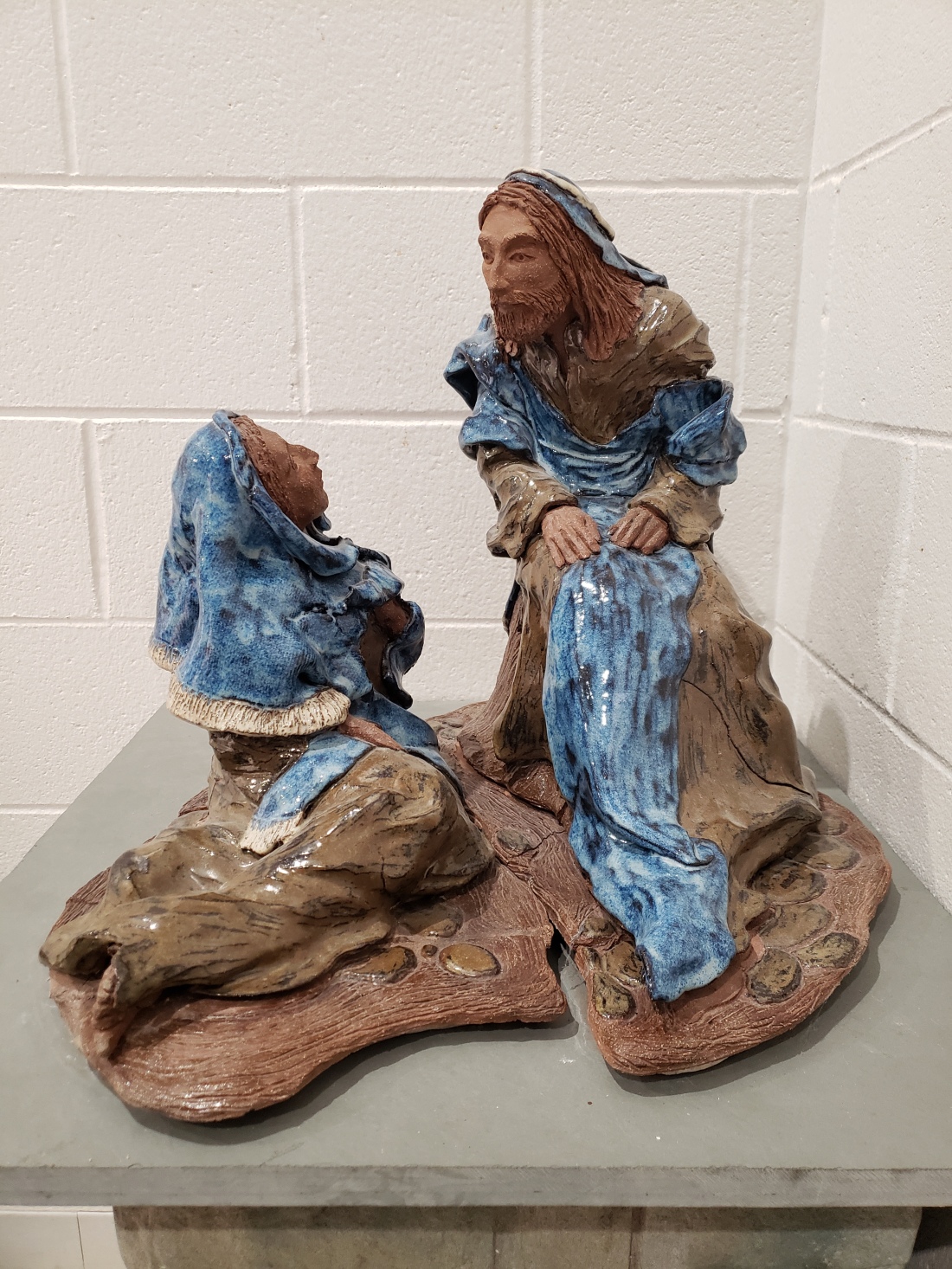
So many of us struggle with this Bible story. In one of my discussion groups this week people seemed to me to go out of their way to defend Martha, as if we need to make sure we tell the rest of the story, find out how she recovers from Jesus’ rebuke. I think we all kind of want to defend her because there is a lot of work to do, after all. But Jesus doesn’t say that by staying busy and hosting Martha has chosen the wrong part. He says Mary chose the better part. Martha’s acts of hospitality aren’t themselves inherently “off,” but that they have somehow become a distraction for her. Martha’s mistake is not that that she’s working, but that her work has become her.
There’s a lesson here, especially since this story occurs immediately following Jesus’ parable of the Good Samaritan, which is about the work of ministry, going and doing acts of compassion in the world. The life of the disciple can so easily turn into one of doing, of basing our worth and our relevance in how much we’re accomplishing—how many items we’re collecting for the food bank, how many people we’re impacting, how much we’re seen out and about in the community and world. These are parts of our faith. They are vitally important parts of being Jesus’ people, but they are not the main part. They are not to be the inner orbit.
The better part of our discipleship, the more central tasks, involve listening and paying attention to the Word, to letting it shape who and whose we are, to realizing Jesus is at the center of all things and letting that shape us, because Jesus will never be a distraction. We as the church aren’t just a “social service organization with sacraments,” as our Presiding Bishop Elizabeth Eaton reminds us. We are the holy people of God called to be at his feet in the midst of a busied world.
The Lutheran Campus pastor at the University of Colorado at Boulder recently released a short video on his YouTube channel directed at recently graduating seniors who will be starting college in the fall. It is called, “The Five People You Meet in College,” and in a very humorous fashion imitates five of the stereotypical identities college students often “try on” in their college years. One of them is the student who gets over-involved, signing up for all the programs and activities. Another is the super-philosophical student who questions and challenges everything. Another is the party-goer, and so on. Then the pastor talks about how forming and exploring personal identity has become a part of the college experience, and that God’s world, like space, is meant to be something to venture into and wonder about.
But then he says that we don’t really know who we are until we’ve heard what God says about us, until we know our identity as people redeemed and loved by Christ. That, as it turns out, is the mission behind his campus ministry. He invites incoming and returning students to gather around Jesus’ Word and around the sacraments in worship each week so that they can pause all the things they’re doing and hearing and be reminded of their central identity. His is not an invitation to “be more religious” in college, or to make the right decisions and stay away from sin. He says he offers chance to hear from and be shaped by One who has died for you. It is a reminder that God himself has come into our house and loves us unconditionally. That is the church’s task in the world, in fact. Not just campus ministry’s.
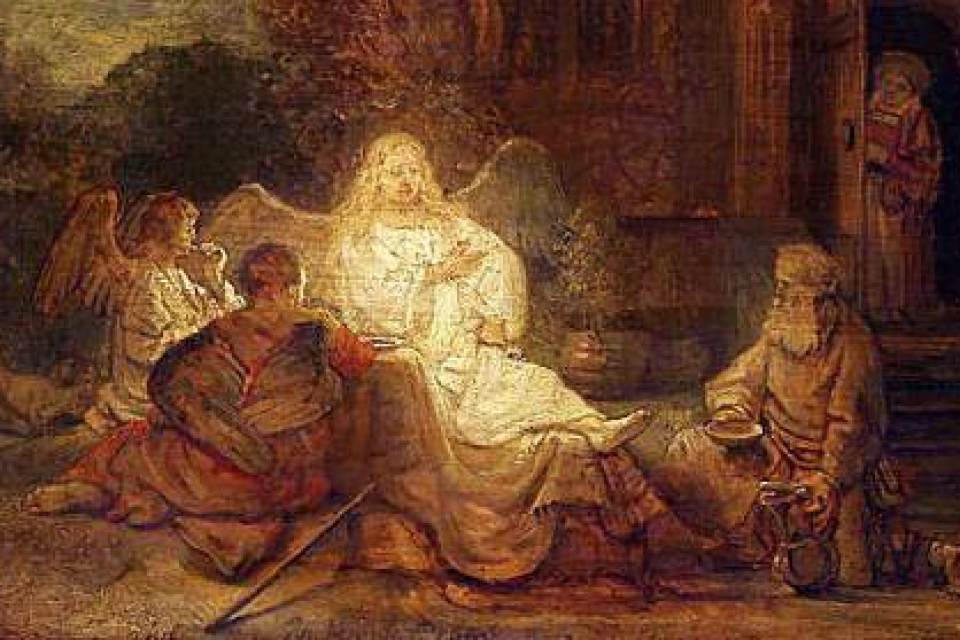
Just this past week our 3-year-old had his first nightmare—at least, I should say, the first one we were aware of. He has always been such a sound sleeper and never one to get out of his bed, so when we heard him screaming in the middle of the night it startled both Melinda and me immediately. His words were as clear as day: “I’m scared! I’m scared!” Then the sound of thrashing in the sheets came through on his monitor, too.
Melinda jumped up and ran in and found him with his eyes still closed, but still rolling around as if he were running away from something. It took her a few seconds to break through and calm him down. He was dreaming about monsters chasing him, and he asked her if there were any still in his bed. Don’t you wonder what those monsters looked like? Grover from Sesame Street? Or chemotherapy? Unemployment? A general feeling of uselessness?
I suppose we could have just left him there to figure it out for himself. I suppose we could have just let it play out, let him struggle with the nightmare a bit longer, let him get to the endpoint of his fear, whenever that would be, and learn it his own way. But Melinda opted to break into that false reality, to remind him he’s OK. She comforted him with our words and told him the truth. She rubbed his back and brought him back to this life.
Hearing that is the better part, and it’s what Mary chose that day. She knows he’s bringing her back to this life. His word breaks through everything—breaks through death!—and reminds us we have a Creator that has given his own life for us, has reconciled it all through the blood of the cross. That’s more critical to our existence than knowing the sun at the center of the solar system. For as beautiful as our works of compassion are, as helpful as our demonstrations of faith can be, as glorious as the cosmos is, none of them can say to us, “I love you. It’s OK. There are no monsters. I’ve beaten them.”
The writer of Colossians says, “For in Christ all things in heaven and earth were created, all things visible and invisible—all things have been created in him and all things hold together.” Let’s be held today, with the Son (S-O-N) at the center—his love for us and all people pulling us in…like gravity.
Thanks be to God!
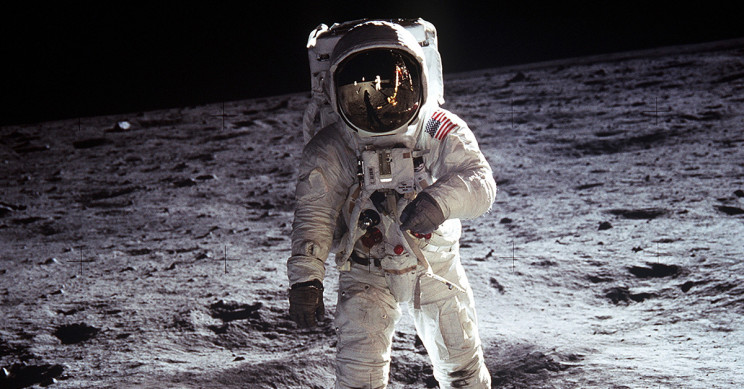
The Reverend Phillip W. Martin, Jr.